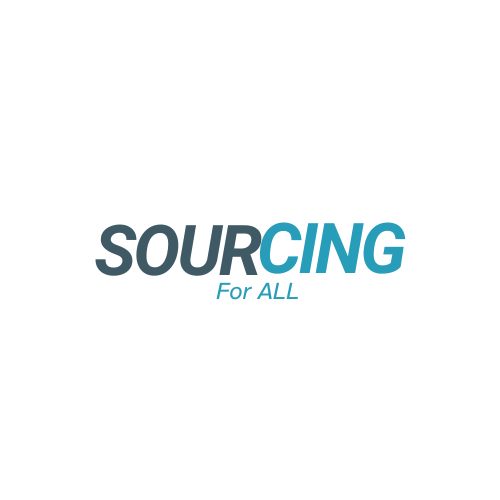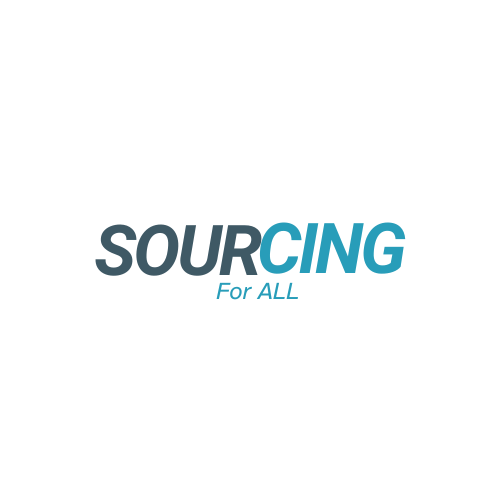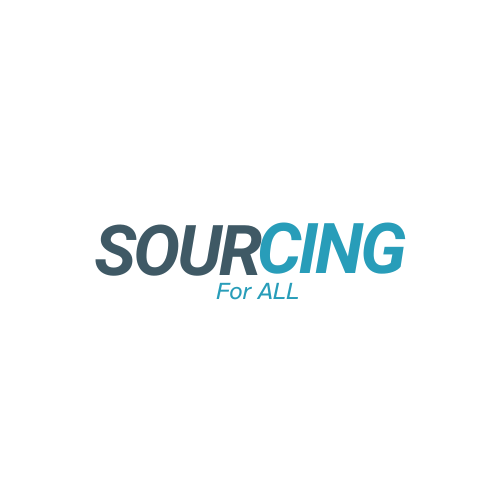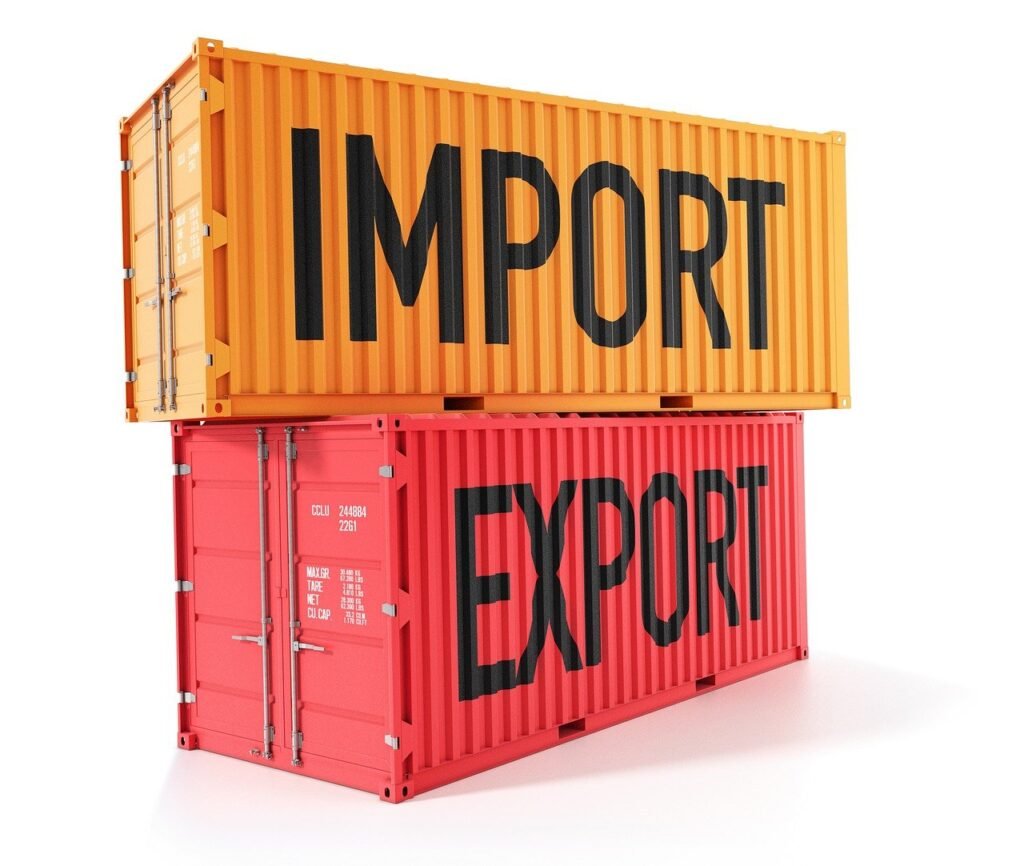
Is Alibaba safe to buy from?
The answer is yes; if you carefully follow the following suggestions, you can avoid 99% of scams. First, let’s look at the common problems that foreign buyers encounter on Alibaba:
●Incorrect goods: Buyers place orders after simply browsing Alibaba’s product pages, but they often find that the goods they receive are completely different from what they need. This is because many Alibaba sellers use Photoshop software to retouch product pictures, especially for clothing products, where there are often color deviations. In addition, some suppliers use inferior materials, replacing the materials claimed on the webpage with low-quality ones. If you are buying samples, the loss is not significant, but if you place a large order at once, it will cause significant losses to your company.
●Inaccurate delivery time: If you are a customer in the engineering field, you must have experienced this. Some suppliers often delay delivery and affect project progress due to incomplete internal management systems.
●High shipping costs: Some buyers see that the prices on Alibaba are much lower than the prices offered by distributors or wholesalers in their area, so they excitedly place an order only to find that the shipping costs are actually more expensive than the product.
●Tariff traps: If you are in the United States, you are lucky because goods under 800 US dollars are duty-free. Although the US government says it will soon abolish this policy, it is still duty-free. Many buyers are notified by customs to pay high tariffs when the goods arrive in their country, and they angrily argue with the seller. In fact, this problem can be communicated clearly in advance, and there is a chance to avoid it.
●Difficult after-sales service: Especially for electronic products, such as lamps, some customers consult the seller after purchasing if there are quality problems, and some sellers take a perfunctory attitude and do not want to bear the after-sales problems.
●Communication difficulties: I believe that many sellers have had this experience. Although they communicate with buyers in English, when they actually communicate, it feels like they are not learning the same English, which can lead to misunderstandings in many professional and business issues and even affect the order.
●Minimum order quantity (MOQ): I believe many readers are e-commerce sellers. Although the prices of products on Alibaba are indeed very low and seem very profitable, the suppliers set very high MOQs, which makes it difficult for e-commerce sellers with small purchase volumes or start-up business owners.

Why is Alibaba so cheap?
Given so many problems, why do people still purchase products on this platform? The answer is simple: cheap. Some products are even cheaper than local wholesalers, even with shipping costs included. In today’s increasingly competitive business environment, low procurement prices are particularly important for business development. So why are things so cheap on Alibaba?
1.Large-scale production: Many of the Alibaba merchants are factory-type merchants. Even if they are trading companies, they also have cooperation with many factories. Their order quantities are in the thousands or even hundreds of thousands of the same type of product. This is related to the characteristics of the factory. The factory must produce on a large scale to earn back its initial investment and make current profits. This is because they may have to purchase a lot of equipment or raw materials in the early stage and also have to pay for factory rent and worker wages on a daily basis. Therefore, they are eager to accept large orders and produce in batches. With equipment, the purchase of large quantities of raw materials, and skilled workers, the assembly line production process will greatly reduce costs, so they can supply goods at very low prices.
2.China’s complete industrial system: If you live in other countries, you may not feel the convenience brought by a complete industrial system. For a simple example, if we do not consider the copyright of Stanley’s cups (this is just an example; I do not advocate or support doing so), if you get a sample today, you can draw the drawings on the same day, open the mold in two or three days, and then produce in batches within a week. Because all kinds of suppliers are available in China, and all kinds of suppliers aim at mass production, the price of raw materials and semi-finished products are very low, and the final product price is also very low.
3.Skilled workers: Although I would like to say low labor costs, China’s hourly wages are actually not the lowest today. However, the ratio of each worker’s hourly wage to production is relatively high; that is, the labor cost of each product paid by the business owner will be lower than in other countries. This is related to the workers’ proficiency and the company’s production management mode.
4.Direct sales model: Many merchants on Alibaba are targeting B2B customers. They hope to get bulk orders so their prices can be directly low. However, to ensure they get B2B customers, they will set MOQs. So you can see that many low-priced goods actually have MOQs or tiered pricing.
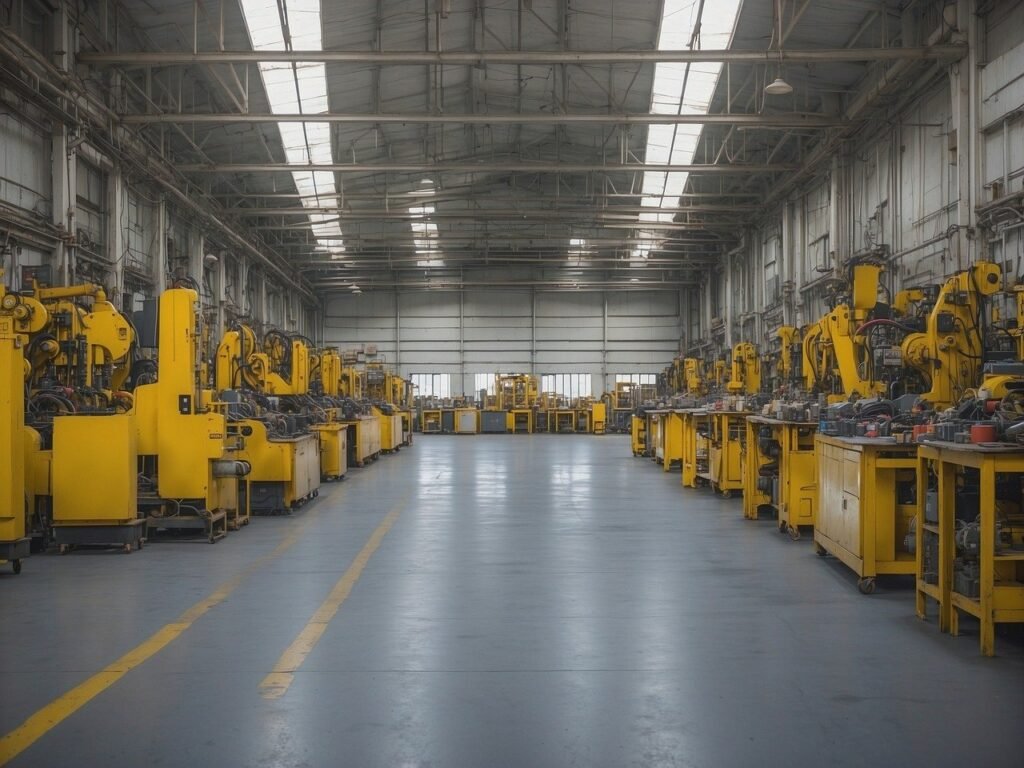
Is Alibaba a scam?
First, let’s briefly understand the history and characteristics of this platform. Alibaba was founded as a B2B platform in 1999 and has a history of 25 years. It has accumulated a large number of Chinese suppliers opening stores there. From the initial inquiry model to the newly added “Ready to Ship” small-batch procurement model, from the initial simple verification of the supplier’s business license to the introduction of third-party certification companies such as SGS to verify the various qualifications of suppliers on site, this platform is constantly updating its rules to serve different sizes and types of purchasers. It also continues to raise the threshold to ensure the safety of transactions. So every time a buyer friend asks, “Is Alibaba legit?” I will answer YES. However, even though the Alibaba platform is legitimate because there are various suppliers on it, we ultimately do business with these suppliers, not the platform, so there are many cases where buyers are scammed or feel scammed. Why do I say feel scammed? Many of these problems are indeed caused by poor communication or a lack of understanding of the platform’s transaction model. Let’s first understand some noteworthy rules and matters of this platform.
1.Supplier Verification: As I said before, each supplier must go through Alibaba’s strict review before opening a store on their platform. Checking their qualifications is basic. You can even see their factory videos and introductions of relevant personnel on their store homepage.
2.Trade Assurance: Using their trade assurance service can basically eliminate the possibility of being defrauded in terms of money.
3.Communication: This is very important. Whether before or after payment, communicating with their salesperson is extremely important. They usually leave their contact information, such as WhatsApp, on the page. Once you contact them using these instant messaging tools, you must carefully confirm all the details. These chat records can also be used as evidence for after-sales service.
4.PI (Proforma Invoice): I always think that asking for a PI is a good habit. Even if you are transacting through Alibaba’s online transaction system, you should also ask the supplier to write the material, specifications, and delivery time into the terms. This is also important evidence for your subsequent claims.
5.Confirmation of transportation and tariffs: If it is a small-batch order, especially for Amazon FBA sellers, when ordering frequently during the test period, transportation costs directly affect profits. Sometimes, in order to ensure that your listing is continuously in stock, you need to keep sending air freight or international express, which will test your and the supplier’s logistics experience. Because you will not know which freight forwarder is honest and how long their timeliness is until you try more than a dozen freight forwarders. If you have logistics problems, you are welcome to contact us, or you can refer to this article on how to avoid transportation risks.
6.Supplier strength: Whether it is the early product communication or the later delivery communication, a supplier’s professionalism and cooperation can show the difference in their strength. In addition, you can also learn about the strength of the supplier through their cumulative transaction amount and factory viewing videos. But even the suppliers with the longest history and largest scale can have problems, so if you need a China sourcing agent to help you follow up the entire transaction process, the transaction process will be more secure.
7.Samples: Buying samples and signing a contract based on the samples will greatly reduce the chances of receiving goods that do not match the samples.
8.What to do if something goes wrong: If you are not a new buyer, then you must have experienced all kinds of problems. Purchasing on ALIBABA is the same. If you are unlucky and encounter an unreliable supplier or have problems with product production or quality, then actively contacting the platform customer service will be your best solution. But if you are using a traditional offline transaction, it is best to have a local agent to help you solve the problem. That’s why I emphasize that you should pay attention to the details of the contract and the investigation of supplier strength.
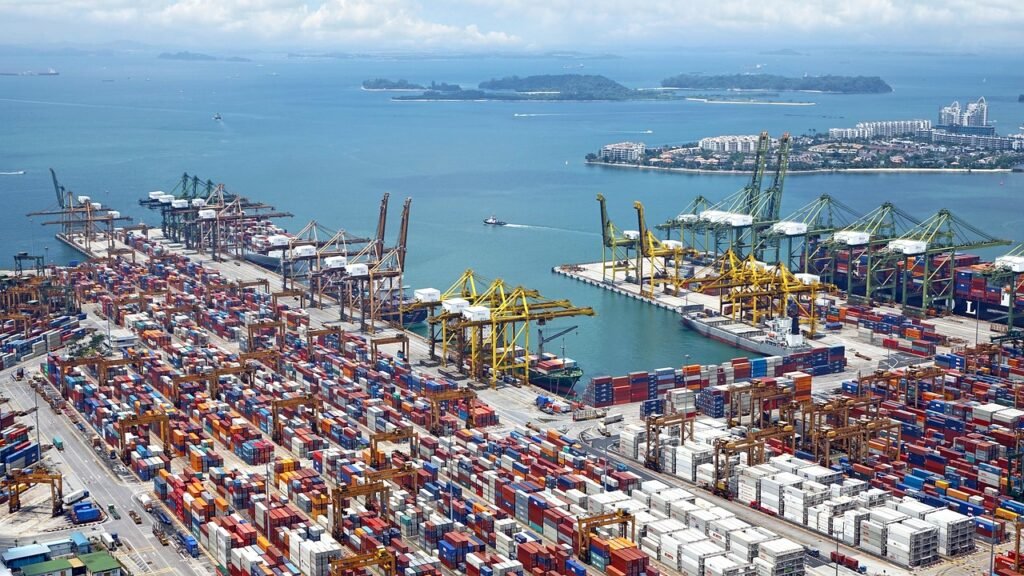
In general, if you are a small-batch buyer and use Alibaba’s online transaction mode, then there will not be too many problems with money, and the main problems are product and transportation problems. If you are a large-batch buyer and use an offline transaction mode, then there will be many problems involved. Product, transportation, delivery time, and transaction funds may all have risks. At this time, you can consider visiting the factory in person or finding professionals to help you follow up on the order.
